Although less harmful, a new study reveals that fish exposed to biodegradable plastic experienced impaired escape performance
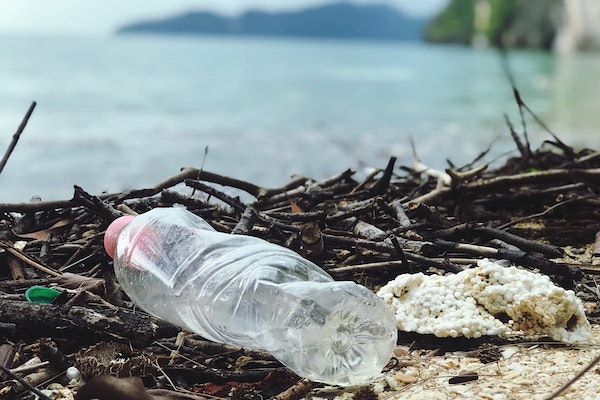
Biodegradable plastics may not be the solution to plastic pollution, as a new study from the University of Otago reveals they are harmful to fish.
Petroleum-derived microplastics are known to impact marine life, but little is known about the impact of biodegradable alternatives. The study, published in Science of the Total Environment and funded by a University of Otago Research Grant, is the first to assess the impact petroleum-derived plastic and biodegradable plastic have on wild fish.
Lead author Ashleigh Hawke, who completed a Master of Science in Otago’s Department of Marine Science, said petroleum-derived plastic exposure negatively affected the fish’s escape performance, routine swimming and aerobic metabolism. In contrast, those exposed to bioplastics only had their maximum escape speed negatively affected.
Hawke said the research is significant as it demonstrates that both petroleum-derived plastics and biodegradable plastics can be damaging to marine fish, should they be exposed to them.
“Biodegradable plastics may not be the silver bullet to plastic pollution as we believe them to be,” said Hawke. “Although they are not as bad, they can still cause negative effects to those animals that may be exposed to them – in the case of this study, populations would decline as their escape behaviors are impaired.”
Co-author Dr. Bridie Allan, also of the Department of Marine Science, added that more needs to be done at a policy level to protect marine environments.
“The development of traditional plastics has been well established for decades and so there is little variation in the production of them,” said Allan. “However, because biodegradable plastics are a relatively new area, there is variation in the way they are manufactured and the materials that are being used. This research shows that the raw materials used in these products matter and that the use of them should be more regulated and controlled.”
Now that you've reached the end of the article ...
… please consider supporting GSA’s mission to advance responsible seafood practices through education, advocacy and third-party assurances. The Advocate aims to document the evolution of responsible seafood practices and share the expansive knowledge of our vast network of contributors.
By becoming a Global Seafood Alliance member, you’re ensuring that all of the pre-competitive work we do through member benefits, resources and events can continue. Individual membership costs just $50 a year.
Not a GSA member? Join us.
Author
-
Responsible Seafood Advocate
[103,114,111,46,100,111,111,102,97,101,115,108,97,98,111,108,103,64,114,111,116,105,100,101]
Related Posts
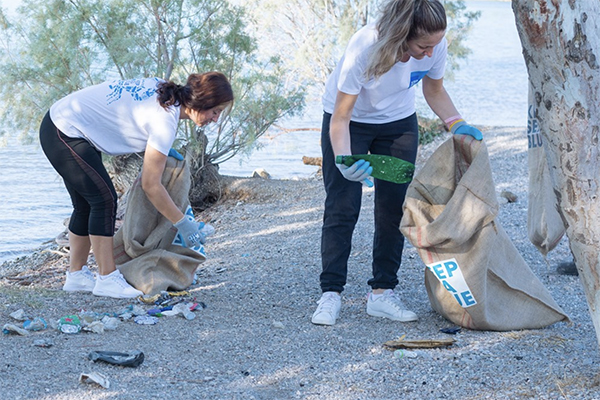
Intelligence
Tesco to recycle discarded plastic waste from coastal areas into seafood packaging
Tesco has announced plans to recycle and reuse discarded plastic waste from coastal areas into their fresh fish packaging.
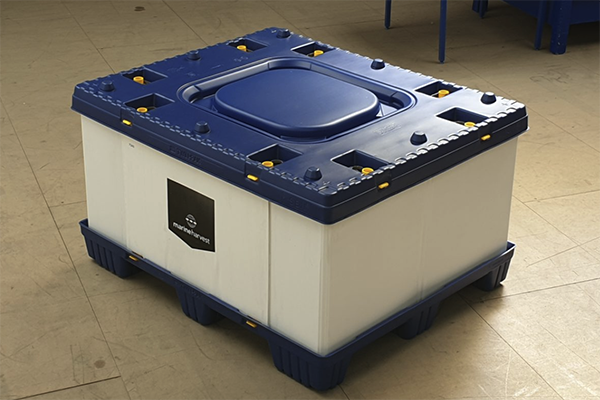
Responsibility
Mowi Scotland ships record volume of farmed salmon in bespoke reusable containers
Mowi Scotland reports that in 2022 it shipped a record volume of farmed salmon in reusable containers called S-BINs.
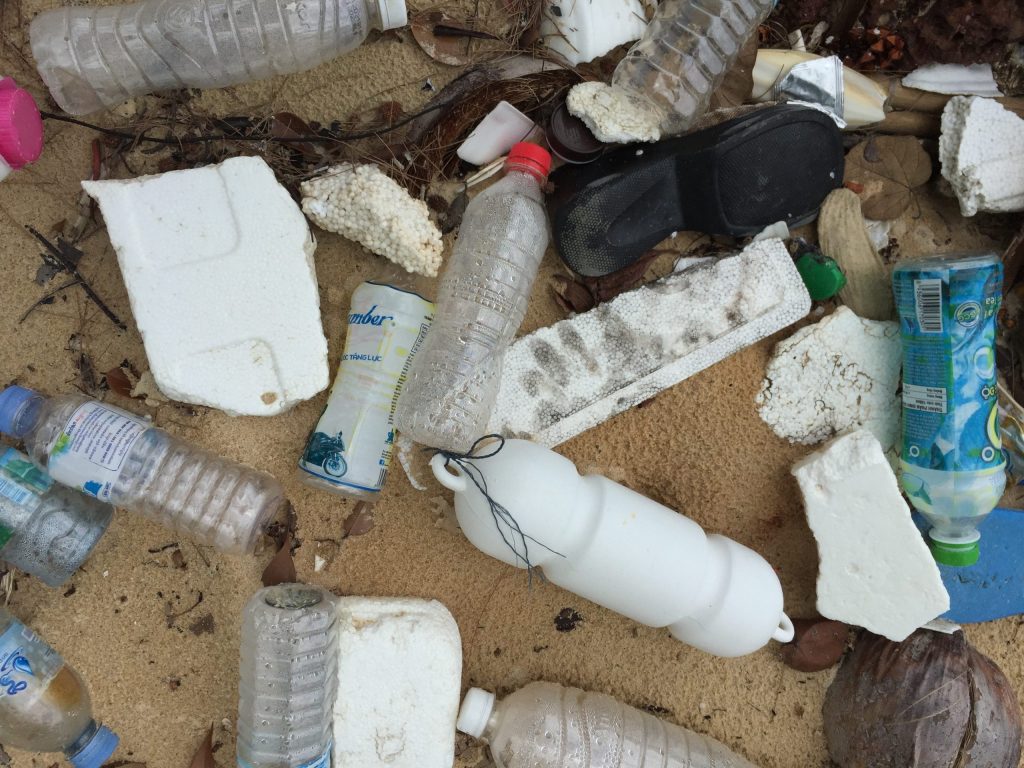
Responsibility
Expanded polystyrene is a ‘waste nightmare’ but could non-EPS seafood packaging reduce ocean pollution?
Expanded polystyrene is common in seafood packaging, but threatens marine life and human health as ocean pollution. A growing number of alternatives are emerging.
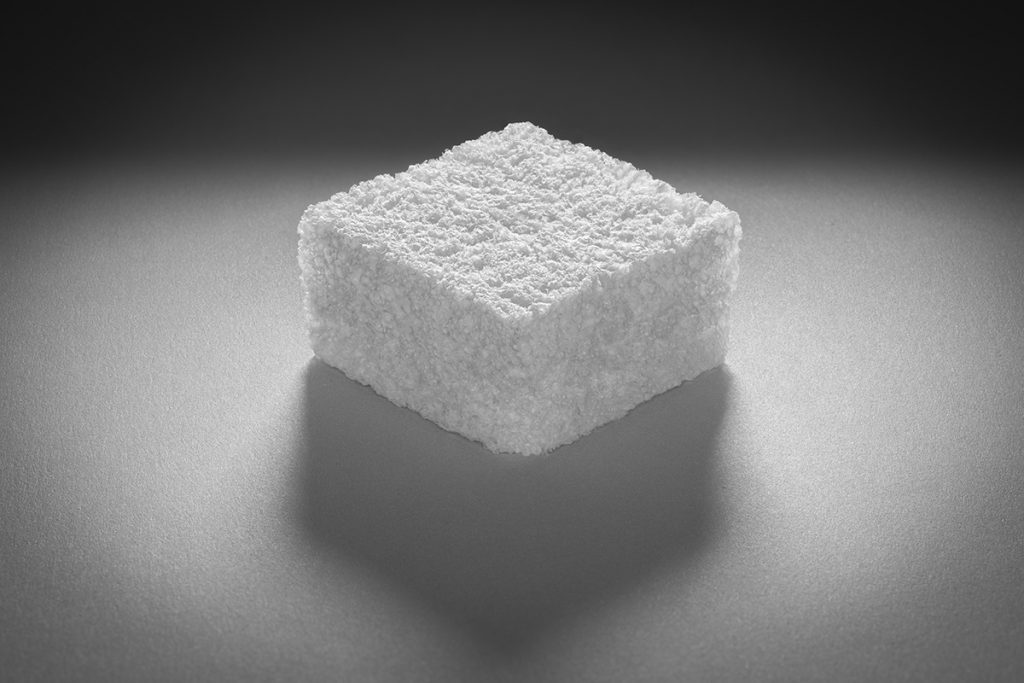
Fisheries
‘Regulation is pushing toward greenifying materials’: How one innovator is upcycling seafood waste into biodegradable packaging foam
GOAL 22: Cruz Foam’s biodegradable packaging foam made with shrimp shells is a finalist for GSA’s inaugural Global Fisheries Innovation Award.



